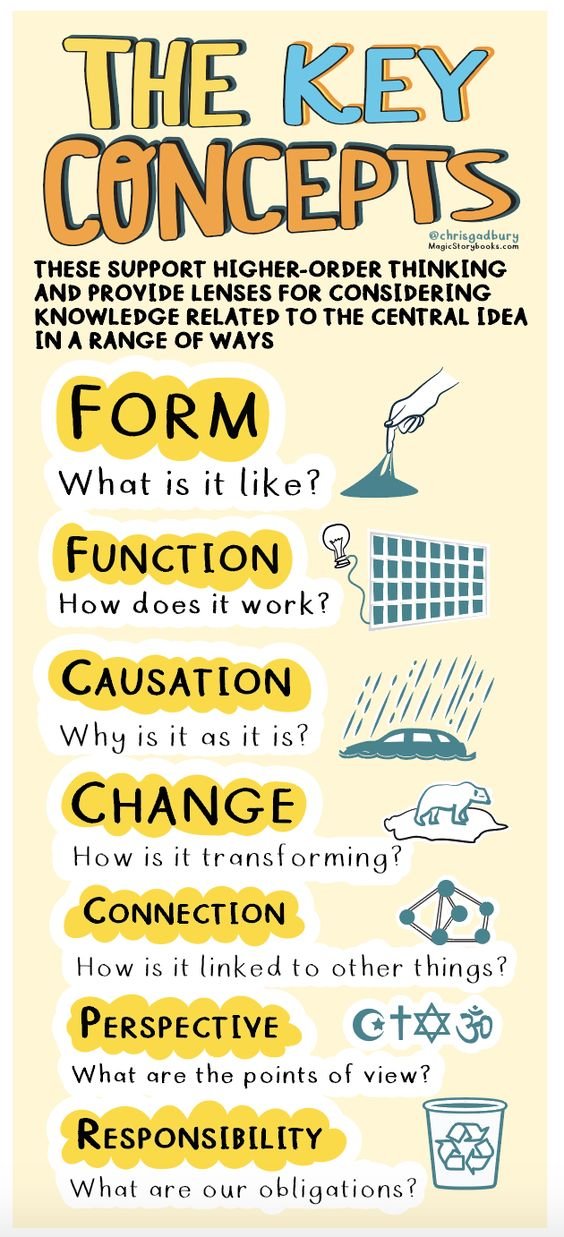Key Concepts Of An International Baccalaureate Education
When we frame these questions through the lens of the seven IB Key Concepts, learning becomes deeper and more meaningful.
Key Concepts
Children of all ages are naturally wired to ask questions. They may begin with, "But why can't I have ice cream for dinner?" or "How does Superman fly?" and move toward, "How is this math relevant to my learning?" or "How can I design a city that benefits from a circular economy?"
When we frame these questions through the lens of the IB Key Concepts, learning becomes deeper and more meaningful. Before you know it, our students move from an endless source of random questions toward becoming critical thinkers.
Throughout a student's journey at MDS, key concepts are constantly visited and re-visited. They are the lens through which students formulate knowledge. There are seven Key Concepts of IB learning:
FORM: What is it like?
FUNCTION: How does it work?
CAUSATION: Why is it as it is?
CHANGE: How is it transforming?
CONNECTION: How is it linked to other things?
PERSPECTIVE: What are the points of view?
RESPONSIBILITY: What are our obligations?
Some of the questions explored in classrooms recently include:
What jobs do people have in our town? (Form)
How do you use a compass? (Function)
What happens to the momentum and distance traveled of a toy car when I change the angle of a ramp? (Causation)
How can we help take care of our ecosystem? (Responsibility)
What are the characteristics of entrepreneurs, and what commonalities can I discover? How can I become an entrepreneur? (Connection)
In what ways have I grown as a writer? What can I do to continue to improve? (Change)
Why are some people twins? (Causation)
What perspectives were involved in the French Revolution? (Perspective)
Key concepts drive transdisciplinary learning. They are timeless, significant, universal and allow students to engage in higher-order thinking in a meaningful way.
Try this at-home challenge: Look for ways to guide your student's many questions using these concepts.


